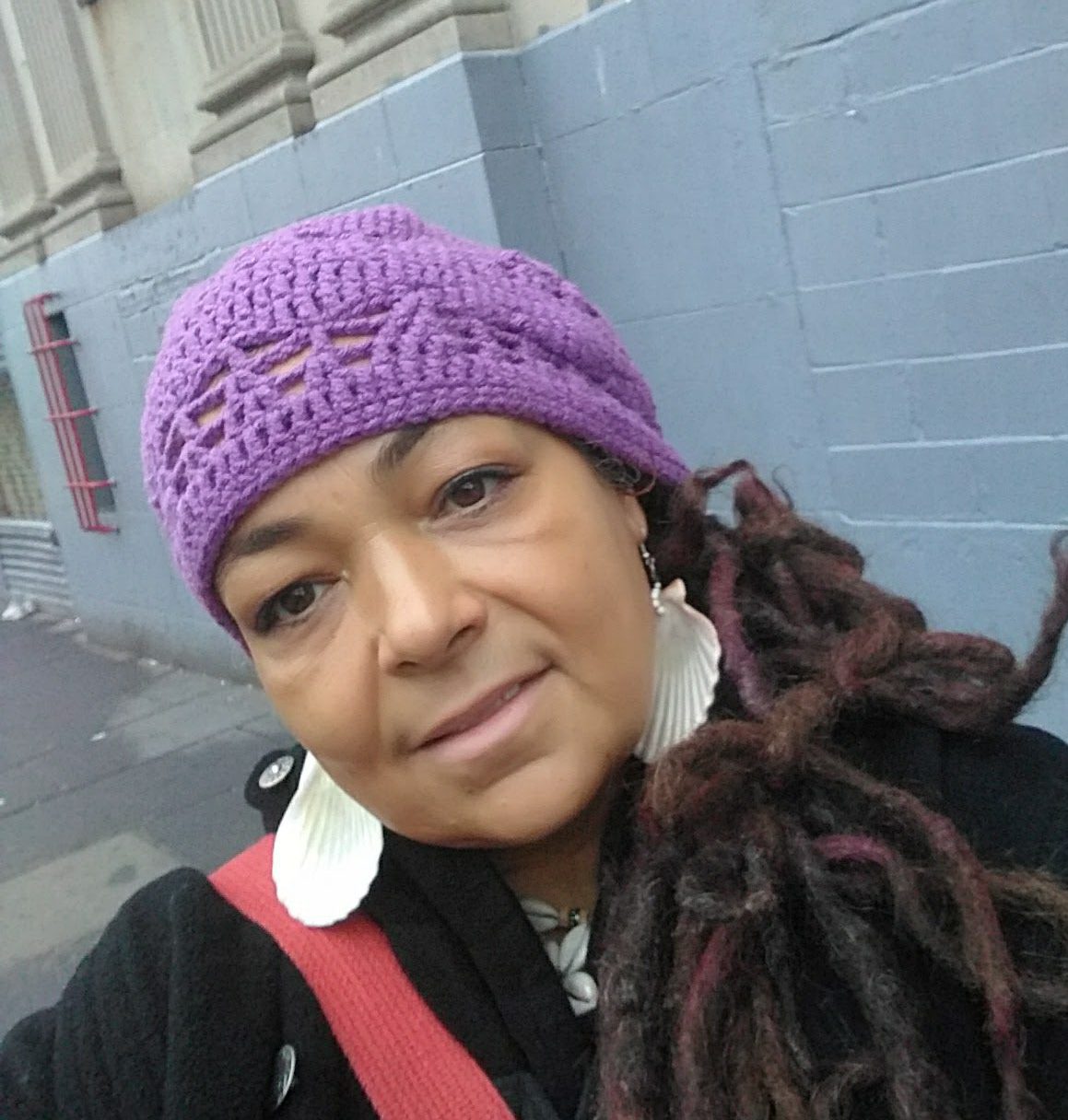Jeannette Bocanegra-Simon, Executive Director – started her current position with Justice for Families on January 1, 2020.
In 2010 Jeannette Bocanegra joined Community Connections for Youth as the lead New York City researcher for Justice for Families Participatory Action Research project that mobilized the family members of incarcerated youth to collect data on parent experience with the juvenile justice system. Since joining CCFY, she developed the organization’s Family Strengthening portfolio, including initiating the groundbreaking Parent Support Program (PSP) in partnership with the NYC Department of Probation. She served as an advisory board member for several juvenile justice initiatives in New York City as a voice for families.
Jeannette has served as speaker and consultant for several high-profile juvenile justice initiatives, including the Annie E. Casey Juvenile Detention Alternatives Initiative (JDAI). In 2015 , she was awarded the Child Welfare Organizing Project’s Courageous Activist Award and later that year received the “Lo Mejor de Nuestra Comunidad”award from Comite Noviembre. Prior to joining CCFY, Jeannette was an active educational activist and parent organizer who worked to mobilize parents for more than twenty-five years.
Jeannette noticed early on the deterioration of schools in the community as well as the lack of parental involvement in shaping policy and practice. She became involved in parent advocacy and educational reform through her roles as a public school volunteer, PTA President, Vice President, and secretary to community school district 10 presidents council. She worked as a full time Parent Involvement Coordinator at ASPIRA of NY, providing professional development for parents across the City of New York and program coordinator for EPIC (Every Person Influences Children).
Jeannette took on the role of advocating for families with youth in the juvenile justice system based on her own difficult experiences as the parent of an incarcerated youth. She thrives to ensure that young people who have contact with the juvenile justice system are given a second chance to become productive members of our communities; and provide families with tools and resources to help their children succeed.

